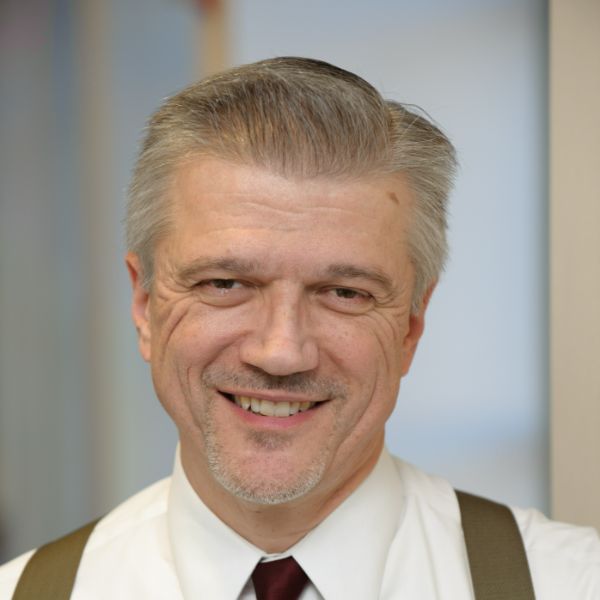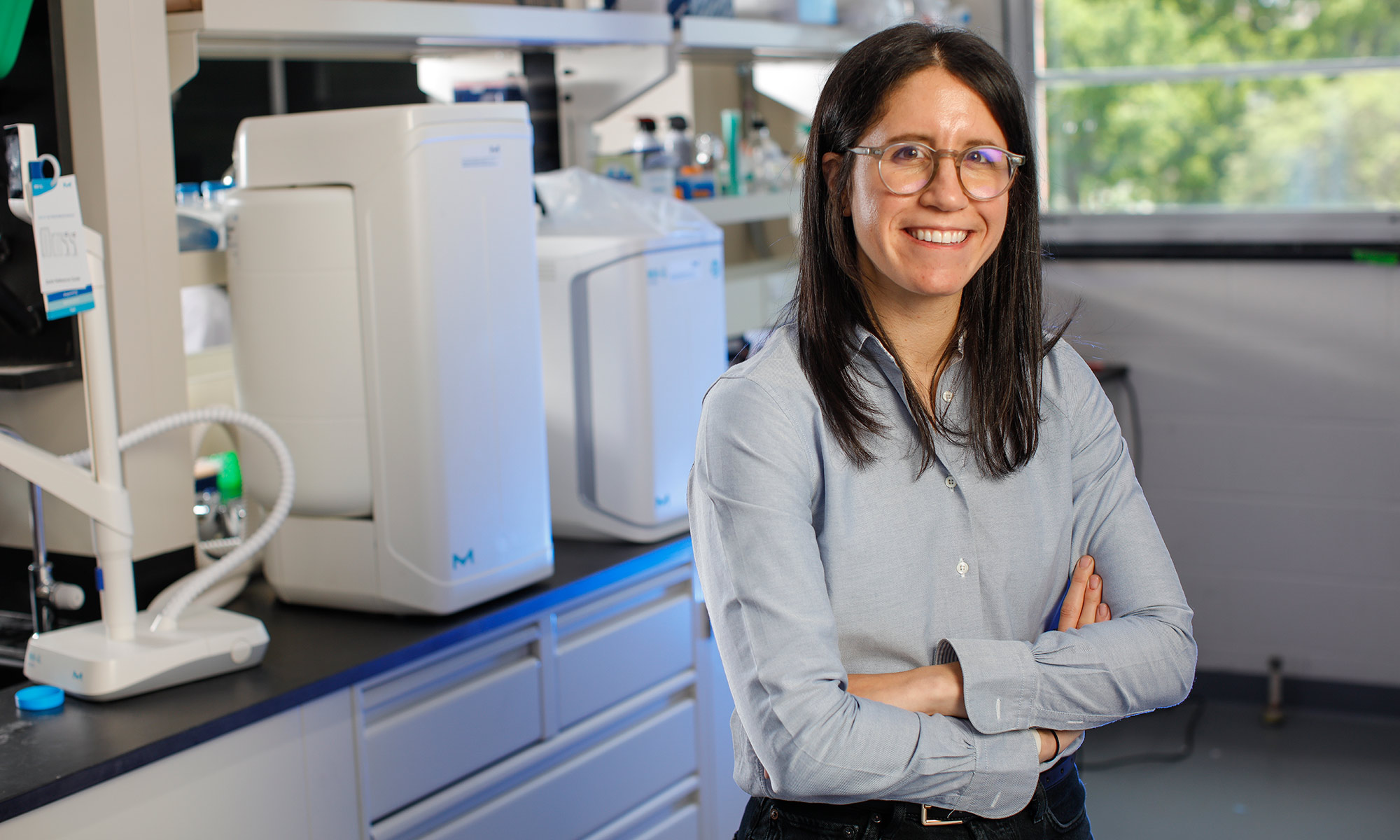The Camille and Henry Dreyfus Foundation has named Daniel Weix, an assistant professor of chemistry at the University of Rochester, as one of 14 Camille Dreyfus Teacher-Scholars for 2014. The award is given to faculty members in the chemical sciences who are within the first five years of their academic careers, have created an independent body of outstanding scholarship, and demonstrated a commitment to education.
“The Camille Dreyfus Teacher-Scholar Award is the Dreyfus Foundation’s flagship program,” states Dr. Mark Cardillo, executive director of The Camille and Henry Dreyfus Foundation. “The intent is to support exceptional young academic researchers at an early and crucial stage of their careers. They have been selected based on their independent contributions to both research in the chemical sciences and education.”
“It is humbling to be included on a list with so many talented chemists, including several of my colleagues at Rochester,” said Weix. “In addition to the honor, the award will enable us to pursue new research directions that we would otherwise not have been able to investigate.”
The Camille Dreyfus Teacher-Scholar Award comes with an unrestricted research grant of $75,000 for each honoree.
Weix specializes in organic (carbon-based) synthesis and is working to develop better ways of creating molecules in order to accelerate the discovery of new, useful compounds, including pharmaceuticals.
Most methods for making carbon-carbon bonds unite a nucleophile—which donates electron pairs—with an electrophile—which accepts electron pairs. The carbon nucleophiles are especially difficult to manufacture, making them costly and hard to obtain for researchers who need them to conduct their lab work.
“It’s important that compounds can be easily made by pharmaceutical companies,” said Weix, “Otherwise, we’ll never know their potential for being effective drugs.”
Weix’s research program has developed several new methods of directly coupling—or joining—two different carbon electrophiles, avoiding nucleophiles entirely. The challenge of this approach is that the electrophiles are very alike, but must be differentiated for selective reactions to occur with metal catalysts. The Weix group has recently discovered how to distinguish the two species, making “cross-electrophile coupling reactions” possible.
The Camille and Henry Dreyfus Foundation is a leading non-profit organization devoted to the advancement of the chemical sciences. It was established in 1946 by chemist, inventor, and businessman Camille Dreyfus, in honor of his brother Henry.
Weix earned his Ph.D. in chemistry from the University of California, Berkeley in 2005. He joined the University of Rochester faculty in 2008. He’s received several honors, including an Alfred P. Sloan Research Fellowship, a Thieme Chemistry Journal Prize and an NIH Ruth L. Kirschstein National Research Service Award.




